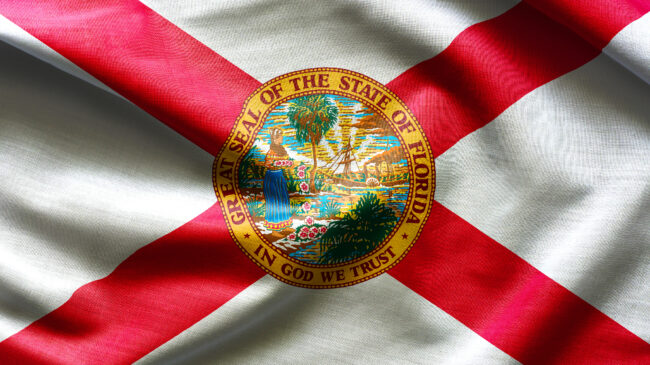Testimony Before the Florida State Senate Appropriations Subcommittee on Education Regarding Senate Bill 48
Senate Bill 48 would further solidify Florida’s position as one of the leading states when it comes to providing school choice and an array of educational options to hundreds of thousands of families.
Education savings accounts expand families’ abilities to customize their children’s educational experiences by additionally allowing them to spend their education dollars on other approved education providers, including private tutoring, instructional and testing materials, special needs therapies, and home-based education. This flexibility is more important now than ever due to the COVID-19 pandemic, as families work around the shortcomings of a one-size-fits-all system and seek out individualized alternatives to the traditional educational system, such as microschooling and “pandemic pods.”
The latest polling conducted by Morning Consult, a survey of 810 parents with children in schools, found that 71 percent of adults residing in Florida support education savings accounts, which is 8 percentage points higher than the percentage of Floridians supporting private school vouchers. And nationwide polling from RealClear Opinion Research found that support for the concept of school choice jumped by 10 percentage points between April and August of 2020 among parents with children in public schools.
Although the Florida bill doesn’t expand income-based eligibility, it does increase the chances that the supply of funding would be able to cover demand from families by merging existing privately funded programs with the taxpayer-funded Family Empowerment Scholarship Program. This change means low-income families wouldn’t have to solely rely on the public relations-related decisions of corporate donors to access scholarship opportunities.
This legislation funds students directly and empowers their families to choose the educational opportunities that work best for them. This funding mechanism provides the strongest form of accountability that exists: direct accountability to students and their families. If a private education provider underperforms then families can take their children’s education dollars elsewhere. This provides real, bottom-up accountability.
Funding students directly through education savings accounts should not be a partisan issue. Financially-advantaged families already have school choice. They are more likely to be able to afford the costs associated with private education than the less fortunate. We already fund students, rather than systems, when it comes to higher education—with Pell Grants and the GI Bill—and pre-K programs, including Head Start. This bill, SB 48, applies similar logic to K-12 education.
This bill does a lot to expand educational freedom in Florida. Every single family should be able to take their children’s education dollars to the education provider of their choosing. We can accomplish this by funding all students directly.


